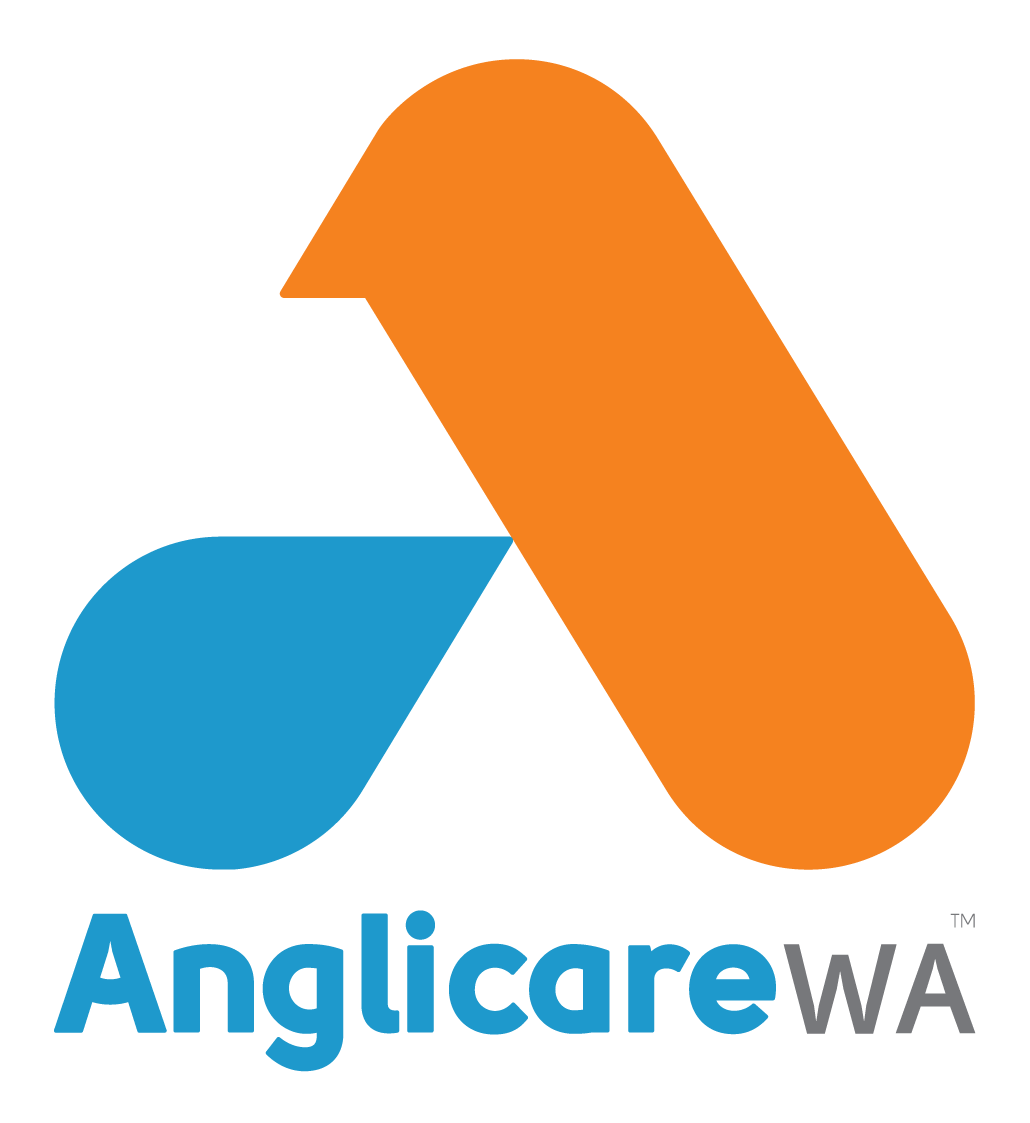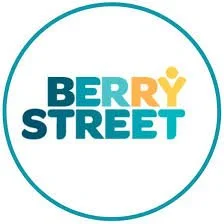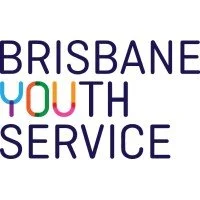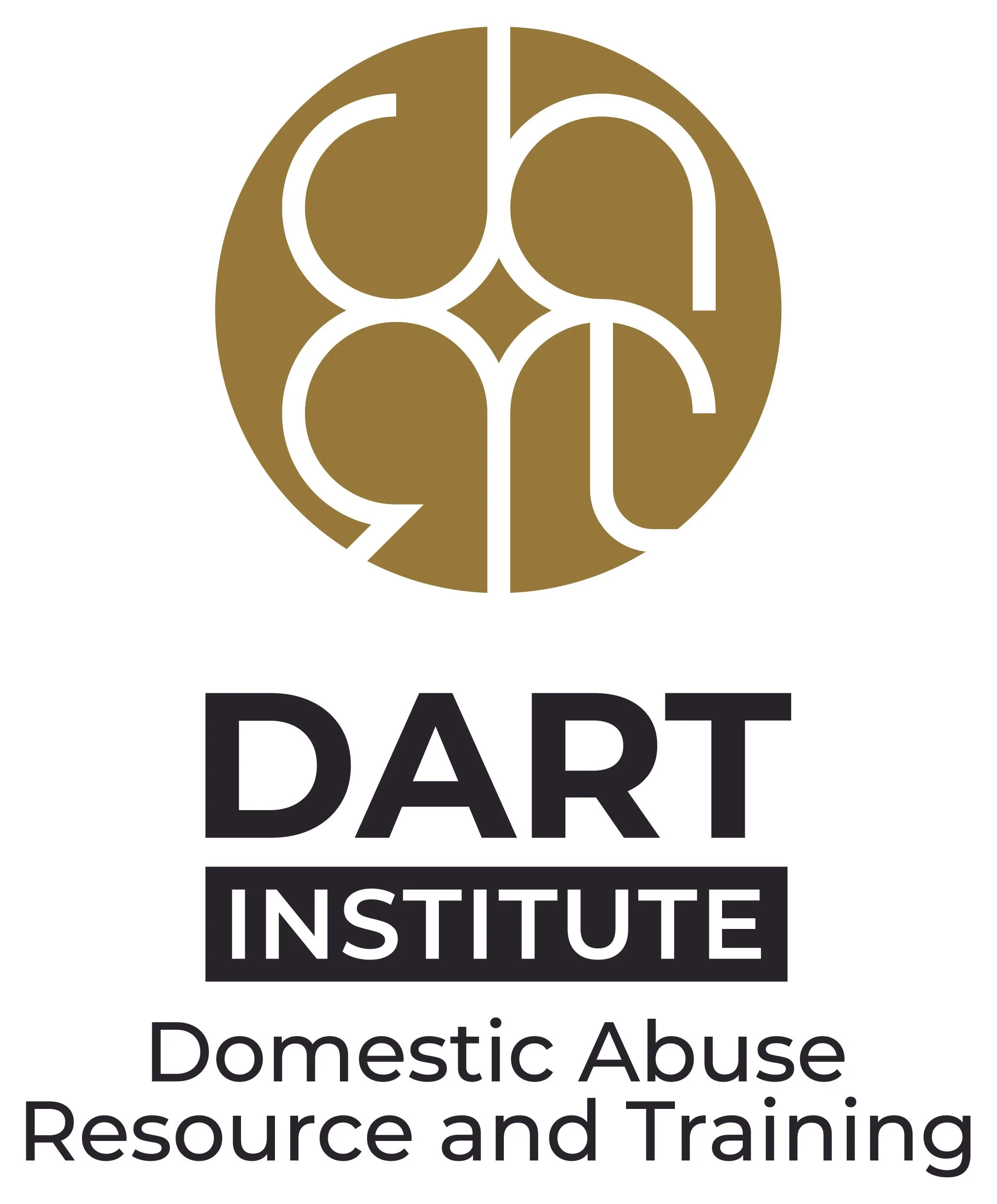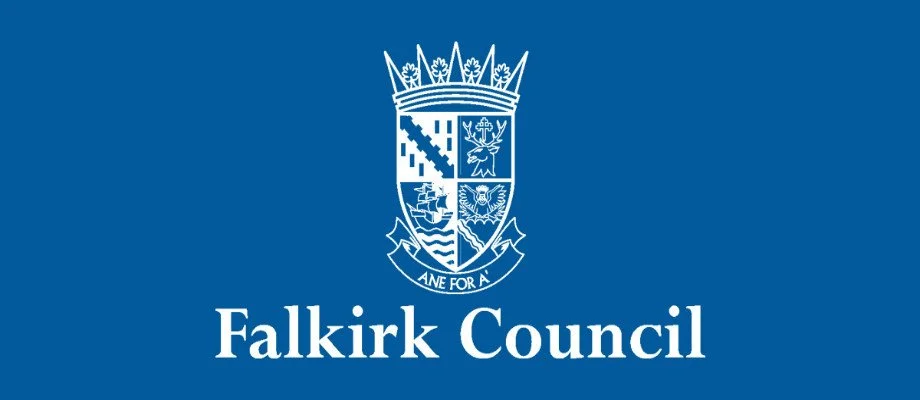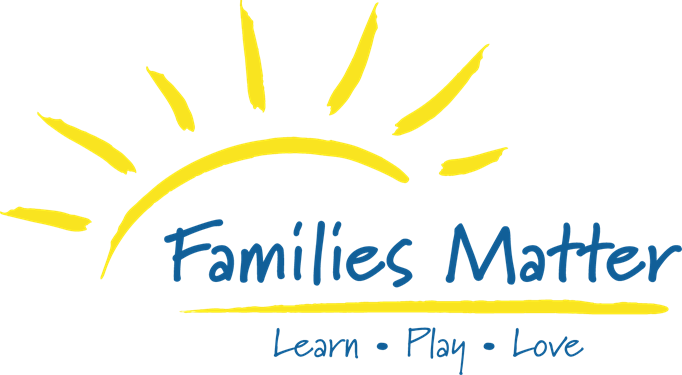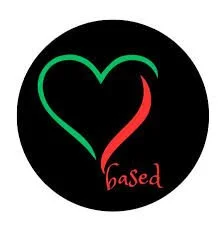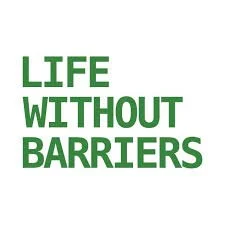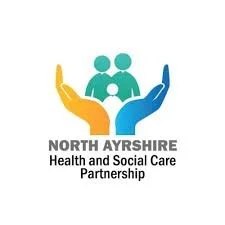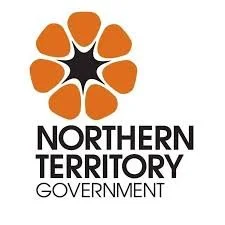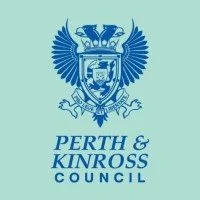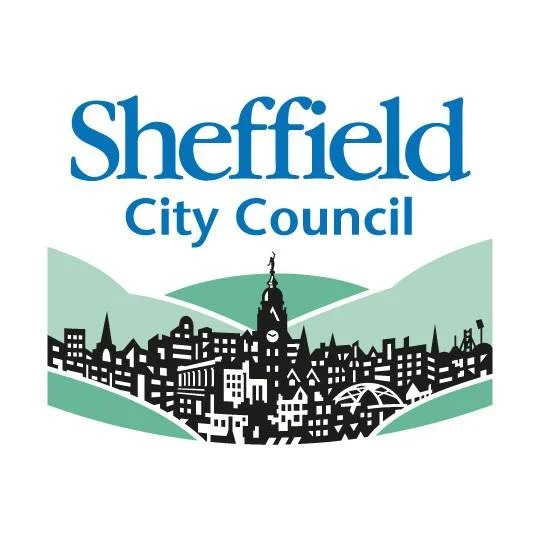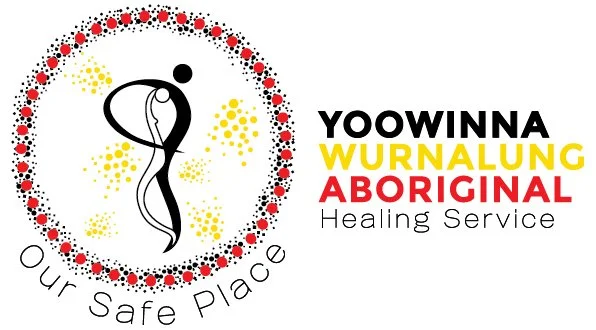
Transforming systems. Protecting families.
The Safe & Together Institute empowers professionals across all child welfare sectors to transform their approach to domestic abuse cases through a child-centered, survivor-strengths framework called the Safe & Together Model™. Our evidence-based domestic violence training provides a common language and practical tools that help you make more informed decisions, collaborate more effectively across agencies, save valuable time, and ultimately keep children safe and together with their protective parents and out of institutions.
Join our global community of domestic abuse–informed practitioners who are breaking down silos and changing the narrative around domestic violence intervention when children are involved.
The Safe & Together Model™ is an international, perpetrator pattern–based framework for transforming how systems and practitioners respond to domestic abuse and child maltreatment. It applies a child-centered, strengths-based, and systems-informed approach that shifts the focus from blaming protective caregivers to holding perpetrators accountable as parents.
The Safe & Together Model

What We Offer
-

Online & In-Person Training
-

Online Courses
-

Practice Tools
-

Organizational Consultations
The Benefits of Becoming Domestic Abuse–Informed
Systems that become more domestic abuse–informed move toward:
Keeping more children in their own homes with their protective parent and out of foster care
Improving their partnerships with survivors and their advocates
Improving interventions with perpetrators
Reducing their ability to be used by perpetrators to control the adult and child survivors
Moving closer to equity goals
Improving staff morale, retention, safety, and performance
Reducing costs associated with out-of-home placements
Providing better supervision and support for their staff
Meeting agency key performance measures

Our Partner Agencies
We have partnered with more than 100 agencies to create a domestic abuse–informed network to enact change.








